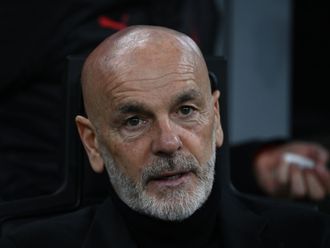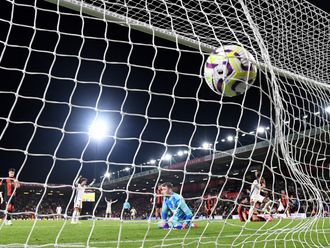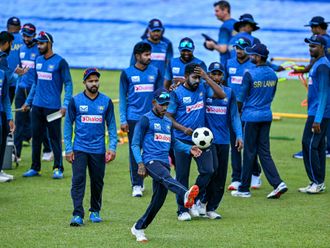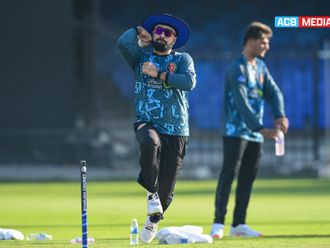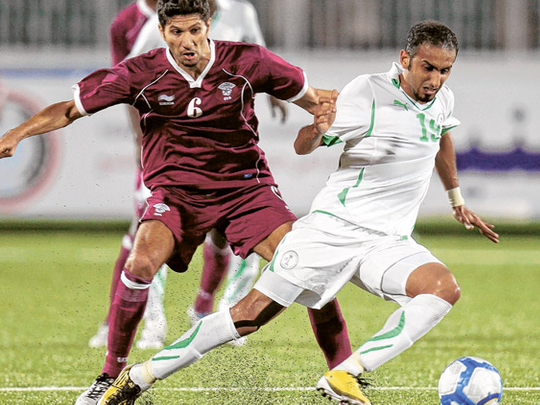
Abu Dhabi: The hunt for scapegoats has begun yet again and coaching staff are most likely to pay the price after their teams failed to live up to expectations in the 20th Gulf Cup.
Hosts Yemen, who were the first team to officially exit the race, are already accusing their head coach Juricic Srecko of being the main cause for the disappointing results with local newspapers and some officials asking for the termination of his contract.
Abdul Rahman Al Akwaa, the former Minister of Youth and Sports in Yemen, said: "Hammoud Abbad, the Minister of Youth and Sports and the Chairman of the Organising Committee, and Ahmad Al Eisa, the Chairman of YFA, should let the Yemeni fans decide their fate following the poor results of their national team in the tournament they hosted."
Oman coach's fears
In Saudi Arabia, local newspapers asked football association officials to leave their team's head coach, Jose Peseiro from Portugal, in Aden to register their disappointment after the team was held to a goalless draw by Kuwait. The Saudis finished second in their group behind Kuwait.
Meanwhile, Frenchman Claude Le Roy, the head coach of defending champions Oman, said he would not want to return to Muscat if he lost the chance to reach the semi-finals against Iraq, because it would be difficult for him to return as a loser after leaving as a champion.
The fact remains that some coaches will pay for their team's results in the Gulf Cup. No edition of the event has ended in 40 years without a coach or two being fired and while Srecko looks the most likely candidate, a few others will be wary, too.


